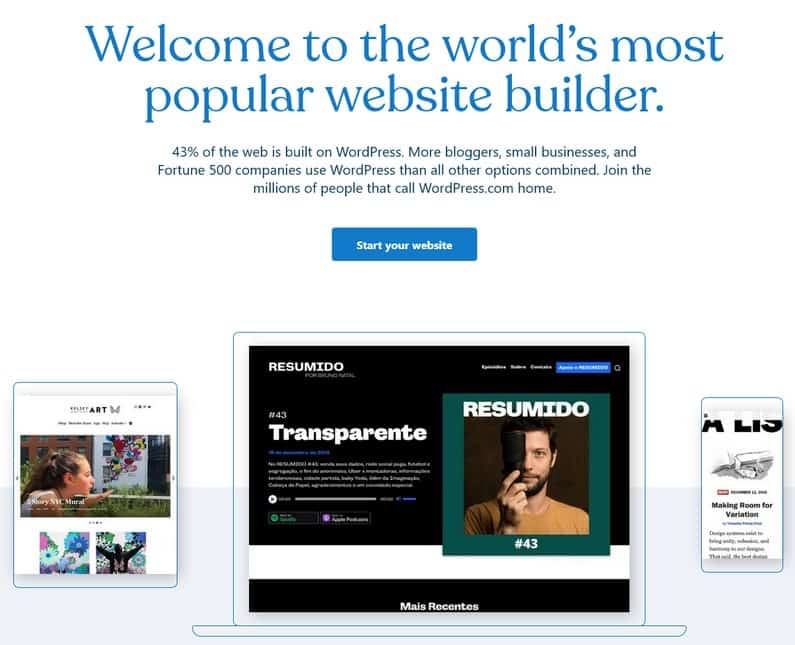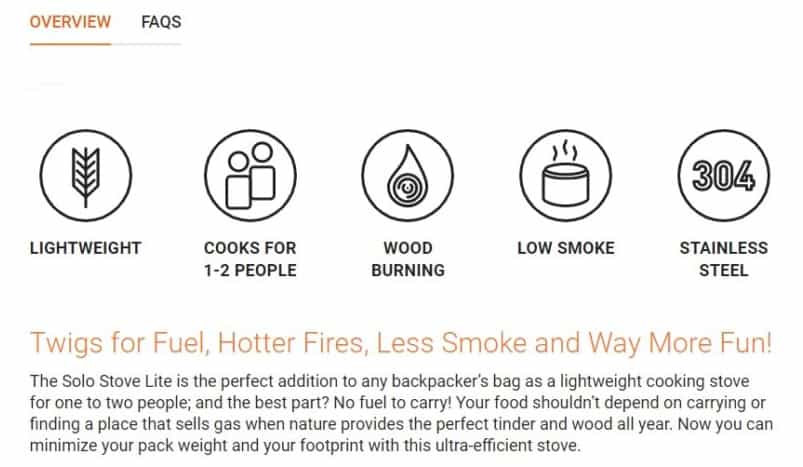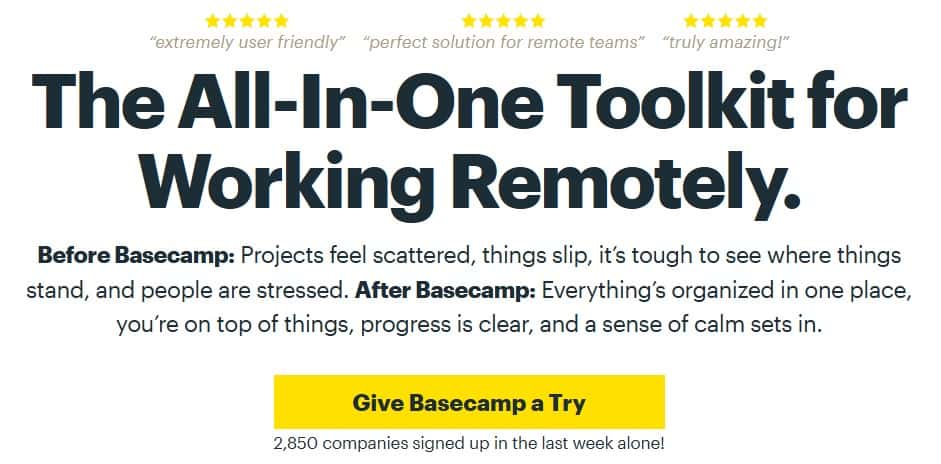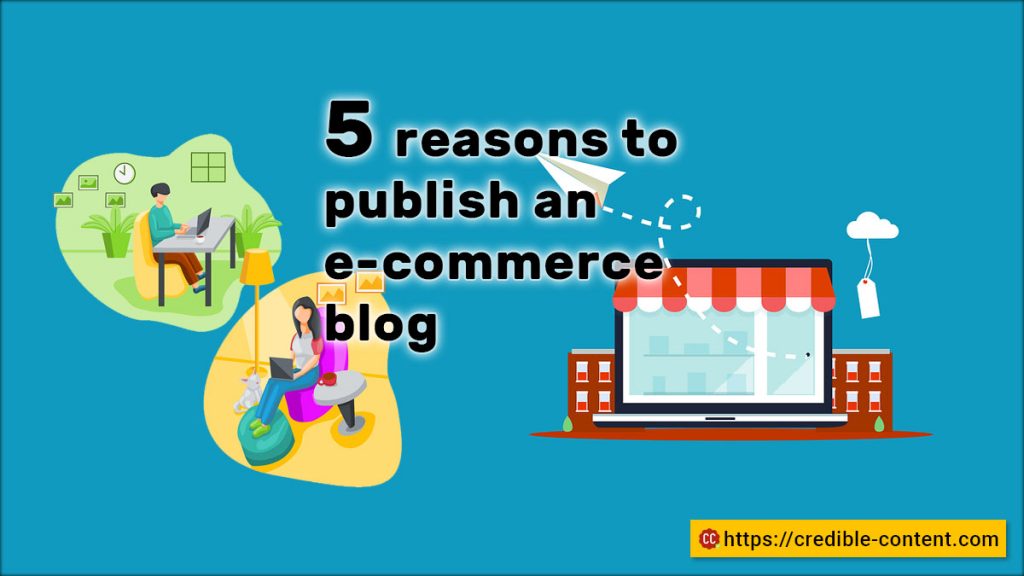Although copywriting always has a commercial aspect to it, e-commerce copywriting means writing copy for e-commerce websites.
So, naturally, the primary purpose of your writing becomes: influencing maximum number of people so that they purchase from your website.
Main topics covered in this blog post are
- What is e-commerce copywriting?
- What does e-commerce copywriting achieve for you?
- E-commerce copywriting tricks you can start implementing right now
A great difference between an online and off-line store is that in an online store, when someone comes to shop, they are alone and unassisted.
It is your words that do all the selling.
Your copy is the salesperson.
Frankly, there is no hard-and-fast rule on what effective e-commerce copywriting is because scores of factors are playing together.
One word that may influence one buyer may dissuade another buyer from making the purchase.
Consequently, your copy goes through lots of testing before it can be decided whether it is effective.
What is e-commerce copywriting?
In the context of the Internet, e-commerce copywriting must be able to describe the benefits of your product and at the same time, improve your search engine rankings.
To be an effective e-commerce copywriter, you must be a strong communicator.
You must be able to persuade people with words.
You should be able to understand the psychology of why people purchase a certain product or subscribe to a certain service.
Copywriting for e-commerce websites can be done for your own online store or you can write product descriptions for an Amazon or Shopify store.
Such copywriting can be done for individual products.
You can do copywriting for an e-commerce website at different locations such as the homepage, the landing page, the about us page or the blog.
E-commerce copywriting means writing content for an online store.
It may include writing headlines, product categories, product descriptions, brochure copy or email campaigns.
E-commerce copywriting may also involve writing sales letters, social media posts, and advertisements.
It is one of the most important tools in your marketing bag.
The copy needs to be able to sell.
It must convert and generate leads and then eventually, sales.
What does e-commerce copywriting achieve for you?
Copywriting for e-commerce gives you the following benefits:
- It helps your brand look unique.
- It can be a great differentiator.
- Good copywriting can improve your conversion rate.
- It can highlight the benefits of your products and services so that it becomes easier for your prospective customers and clients to decide in your favor.
- It makes the first good impression.
- You can keep your customers focused throughout the entire sales funnel.
- Well-written e-commerce copy can improve your search engine rankings.
- It makes your content shareable.
- It hits the right tone with your customers and clients.
- It builds your company’s image.
- When you tell your brand story, it forms an emotional bond with your readers.
- It persuades your visitors to take a constructive action.
E-commerce copywriting tricks you can start implementing right now
These e-commerce copywriting tricks will equip you to write effective copy that entices your audience to take a favorable action
1. Create psychological triggers in e-commerce copywriting
Psychological triggers can be
- Greed
- Fear of missing out
- Desire to belong
- Curiosity
- Sense of urgency
- Instant gratification
- Sense of honor
- Guilt
- Hope
- Familiarity
- Current fads
- Proof of value
- Exclusivity
- Respect for authority
95% purchasing decisions stem from the subconscious mind.
You are more likely to respond to a piece of copywriting that uses emotional psychology.
An emotional urgency like fear is commonly used by insurance companies and security agencies.
The above copy scares you even when you have not fallen victim to a home invasion.
Until we are attacked, we cannot relate to someone who has been attacked.
The above ad makes us feel like a victim and hence, scares us out of our wits.
In the same vein, WordPress uses a sense of authority – “world’s most popular website builder”.
You certainly want to use the world’s most popular and the most widely used website builder.
In many shopping carts listings, you must have seen “3 items left” – such messages create a sense of scarcity.
2. Create attractive headlines
Headlines are very important in e-commerce copywriting.
A successful headline must satisfy the 4 Us:
- Unique
- Ultra-specific
- Urgent
- Useful
The e-commerce product headline must encapsulate the essence of the product, or the item being sold.
Usually when we are talking about headlines it is mostly about headlines for blog posts, articles, or even newsletters.
Headlines are also important for your product listings.
It is the headline that people see the first.
It makes the most important impact.
What should a headline of an e-commerce listing contain?
- The name of the item
- The most compelling reason to buy it
The headline above shows convenience.
No reason to visit the neighborhood mall every month.
Your favorite clothes are delivered to you every month.
The above headline is quite specific.
The sleepwear is “good in bed” whether you look at it from the point of view of looking good or for comfort.
3. Keep your language simple
E-commerce copywriting is not the right place to show your language prowess.
Use very simple, straightforward language.
In the description above, just observe how simply all the highlights are presented.
The Solo Stove Lite is lightweight, cooks for 1-2 people, you can use wood or twigs, it generates little smoke, and it is made of stainless steel.
In the description there is not a single word you don’t understand.
In simple language the writer explains that the stove can be carried on a picnic or a hike without much fuss.
There is no need to carry fuel.
Why is it important to use simple language in e-commerce copywriting?
When people reach the product listing, they are at a very crucial stage.
They are about to buy.
They are about to place an order.
Even a small distraction can send them away.
Hence, it is important to use simple, precise words that convey the true essence of your product.
The main features.
The convenience it provides.
The overwhelming reason to buy it.
Above is another example of using simple language to describe great features.
The e-commerce copywriting above draws parallels between “Before Basecamp” and “After Basecamp”.
Although Basecamp is a heavily technology company, you can read in the description that there is no technology jargon.
They have simply explained what problems people may face when they don’t use Basecamp and then what are the advantages once they start using it.
In e-commerce copywriting, it is super important that you avoid wordy sentences, highlight more benefits than features, and use lots of action words such as “Buy Now” or “Download Now”.
4. Tell success stories
Success stories in e-commerce copywriting can be testimonials or positive comments made by customers and clients.
They can also describe someone who has used a product and immensely benefited from it.
Success stories are relatable.
They are not just claims made by the company.
The product or service is used by a real person and then that real person describes his or her experience.
Here is how the flow of an e-commerce success story goes:
- The customer or the shopper is your hero.
- They were facing an overwhelming problem.
- For a fairly long time they were looking for a solution.
- The problem had reached its peak and the situation was dire.
- Then they came across your product.
- They were swayed by the benefits and features.
- They purchased it.
- Now they are living happily ever after.
You may like to read James Patterson’s storytelling advice to hook readers
5. Use persuasive words when copywriting for e-commerce
Persuasive words can supercharge your e-commerce copywriting but for them to be effective, you need to know for whom you’re writing.
You may like to read Content writing: why is it important to know your audience?
Examples of using persuasive words:
- Easy to install.
- Exclusive offer just for you.
- Free for a limited period.
- Get it right now.
- Outstanding results guaranteed.
- You are going to love it.
- Best software in its category.
- 500,000 people trust us with their money
- The offer expires in three days.
- A bargain that will be foolish to miss.
- A powerful way to optimize your website.
- Win exciting prizes.
- Deadline fast approaching.
- The offer ends soon.
- Verified investment opportunities.
6. Optimize e-commerce copywriting for SEO
I have always believed that search engine optimization is about using the right language and presenting the information in its correct form.
When optimizing your e-commerce copywriting for SEO make sure that the main headline or the title of the product listing contains the right keyword.
Will people be searching by the name of your product or the benefit that it delivers?
Suppose you’re selling an SEO analytics tool.
The name of your SEO analytics tool is Zolo.
You can write a headline like
Zolo – the only SEO analytics tool you will ever need
or
Zolo – the complete SEO analytics tool
or even better
SEO analytics tool – improve your search visibility in 2 weeks
Although the name is missing, you can use the name in the description.
These are easy e-commerce copywriting tricks that you can start implementing even in your ongoing project.








